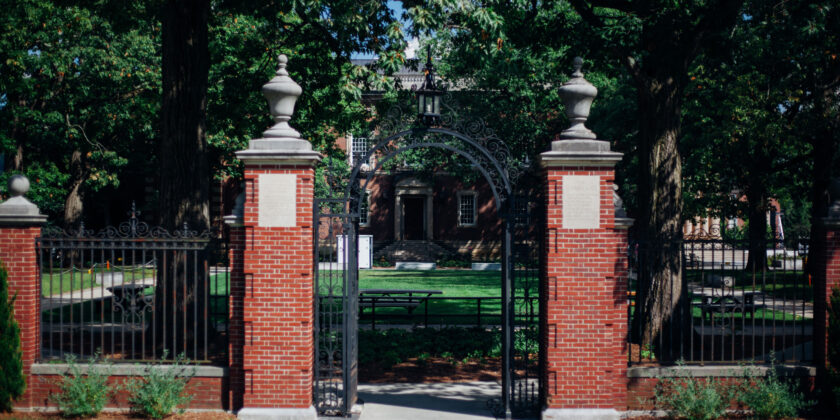High School Class of 2026 – College Acceptances (Updated)
Big congrats to all our seniors who shared their results with us! This post includes many of our students’ results reported through the end of January.
ED Admits
Boston College* (6)
Boston University* (2)
Cornell Engineering
Fordham
Northwestern
Syracuse
Vanderbilt
U. Michigan
U. Virginia* (2)
Villanova
Wake Forest
William & Mary
EA Admits
Alabama
American U
Arizona*
Auburn*
Babson
Chapman
Clemson*
College of Charleston
Dusquene
Elon*
ESCP Business School
Fairfield*
Farleigh Dickinson
Flagler
Fordham*
Georgia Tech
Iona
Ithaca College
High Point
Hofstra*
Indiana U, Kelley*
JMU*
Loyola MD*
Loyola Marymount*
LSU
Marist
Michigan State*
MIT
Montclair
NC State*
NJIT
Northeastern*
Ohio State*
Ohio Wesleyan
Ole Miss
Penn State*
Pitt*
Providence College*
Purdue (CS + Other Majors)*
Quinnipiac*
Rider*
Rowan*
RPI
Rutgers*
Sacred Heart
Santa Clara*
Scranton
Seton Hall*
Siena
St. Andrews*
St. John’s*
St. Joe’s*
Steven’s Institute of Technology*
Stony Brook*
SUNY Binghamton*
SUNY Buffalo*
SUNY New Paltz
TCU
Texas A&M*
Tulane*
U. Central Florida*
U. Colorado, Boulder*
U. of Florida*
U. Georgia*
U. Illinois (CS + Other Majors)*
U. Maryland*
U. Miami*
U. Michigan (CS + Other Majors)*
UNC Chapel Hill*
U. New Hampshire*
U. North Carolina Greensboro
U. New Hampshire
U. of the Pacific
U. Rhode Island*
U. Southern California*
U. South Carolina*
U. South Florida*
U. Tennessee*
U. of Utah*
U. Vermont*
U. Virginia*
U. Wisconsin, Madison*
Villanova*
Virginia Tech*
Washington State
Wooster
*multiple students admitted
BOLD indicates a top choice or reach school for the applicant








